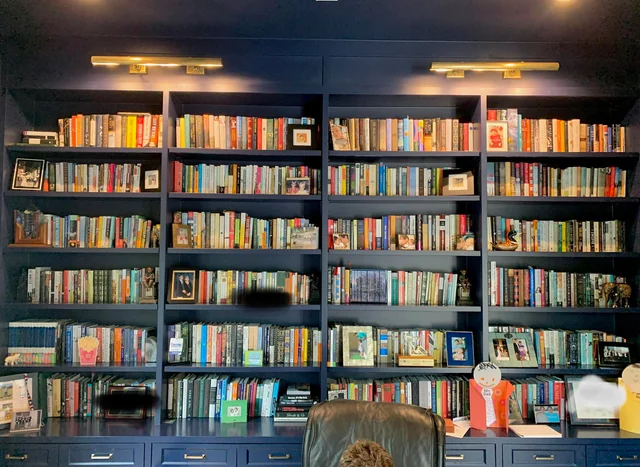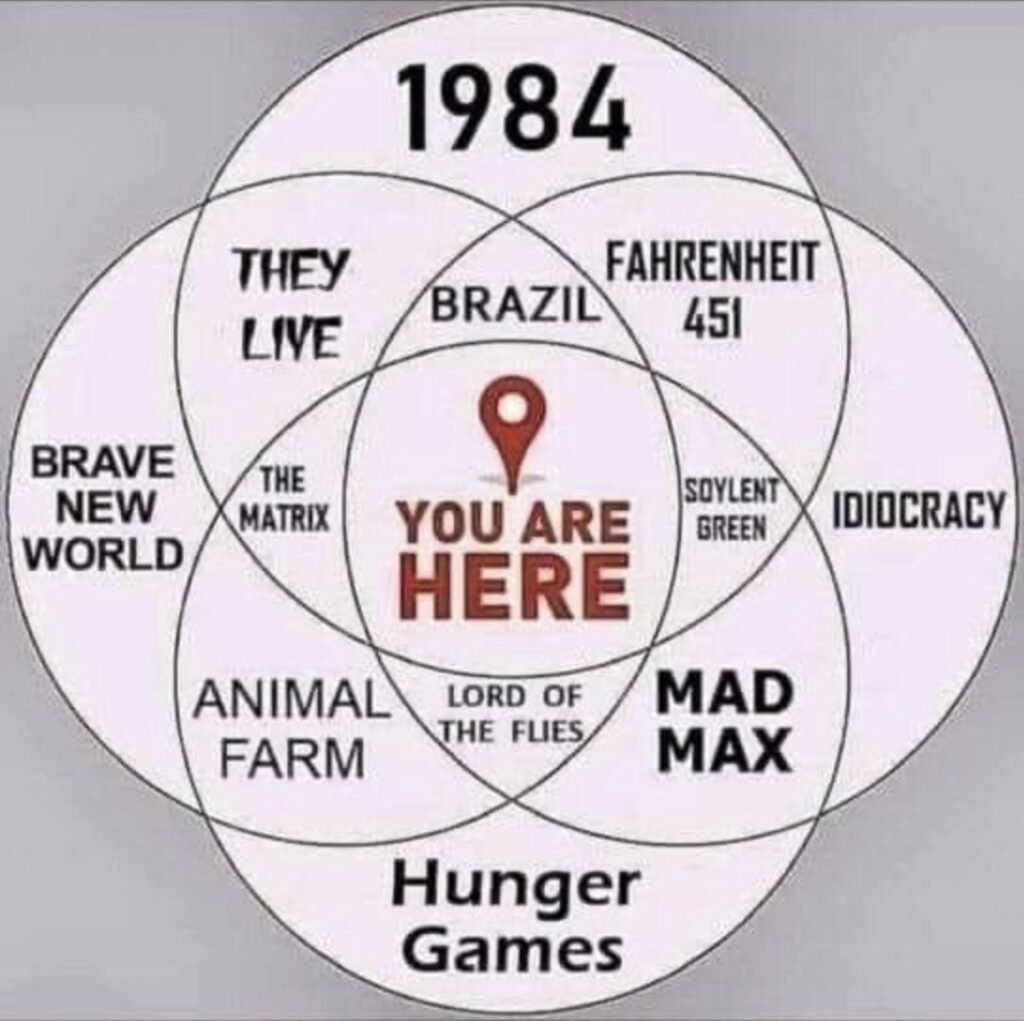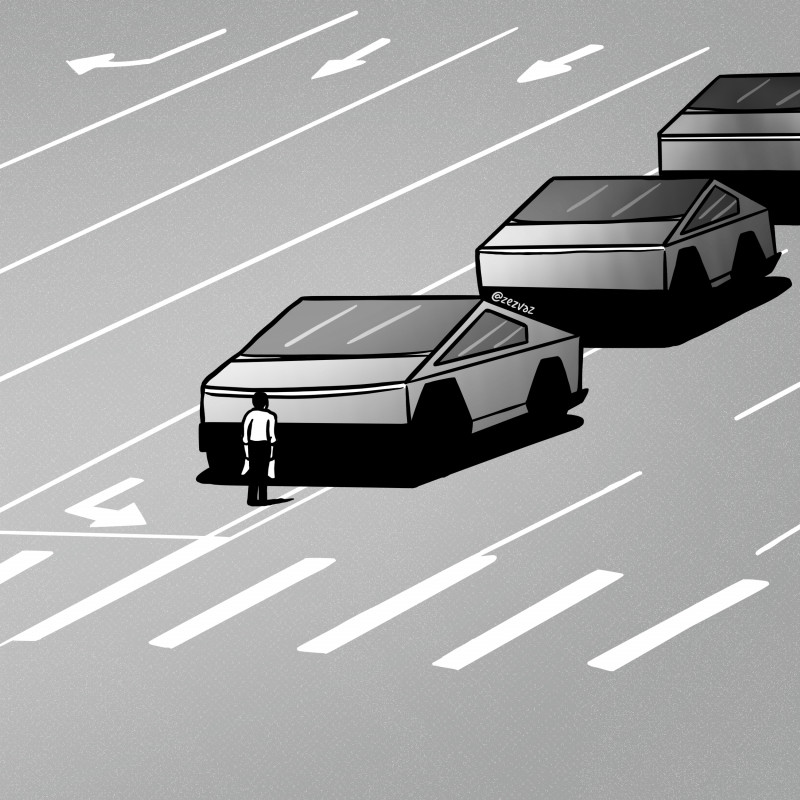
And now my old dog is gone, and the one after him too, and the one after that grows stiffer with time. My father and sister, once voices, are now echoes, and the house that held us all has long since been swallowed by new hands, new lives. The books I once stacked high are scattered—some sold, some lost, some lining the shelves of another’s world.
But still, the sun rises indifferent to my fate. Still, I hold fast to the few things that matter: the warmth of a dog’s sigh at my feet, the weight of a pen against paper, the way the river behind me never asks where it is going, only moves. The world will turn, careless of my name, but for now, I fractal forward, gathering what light I can.


